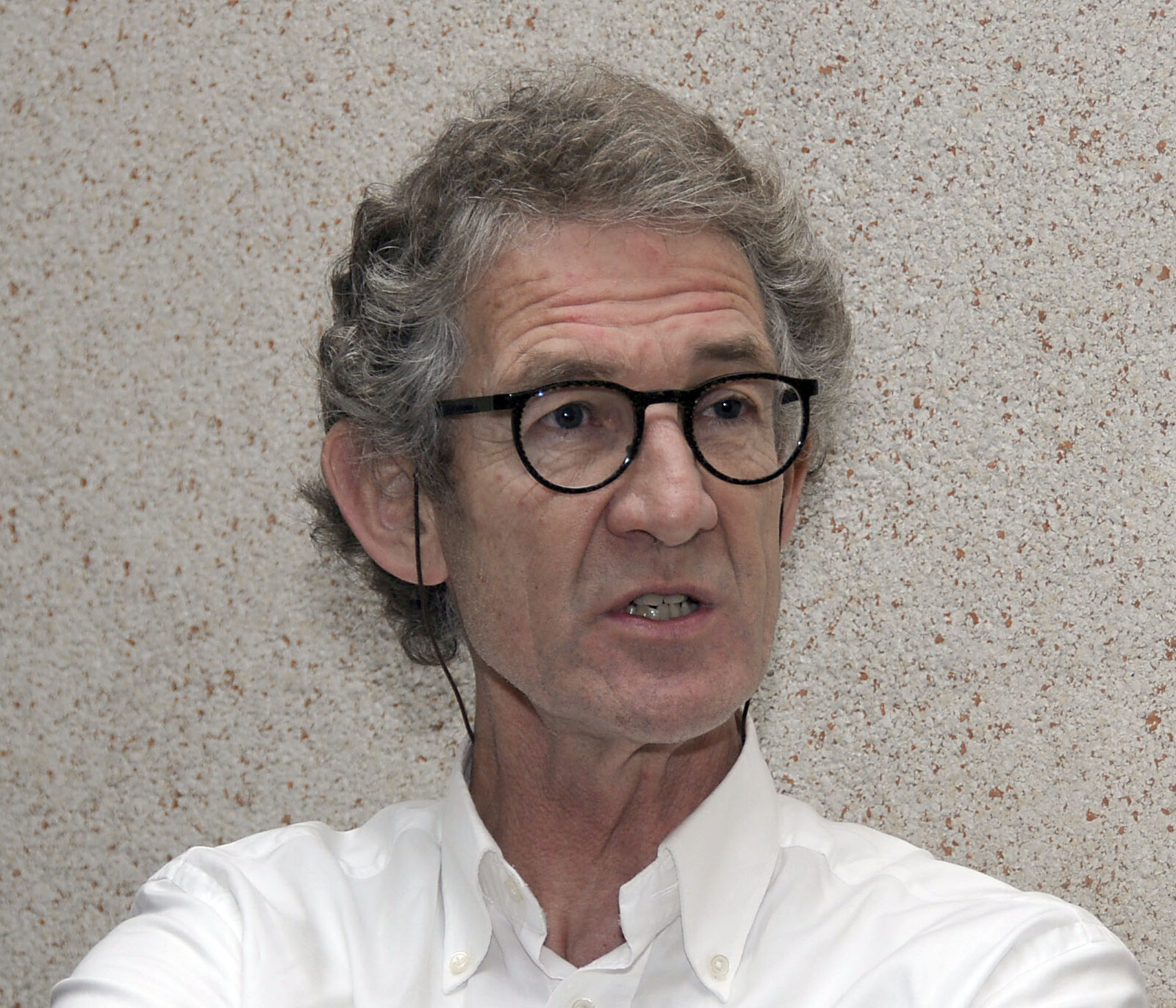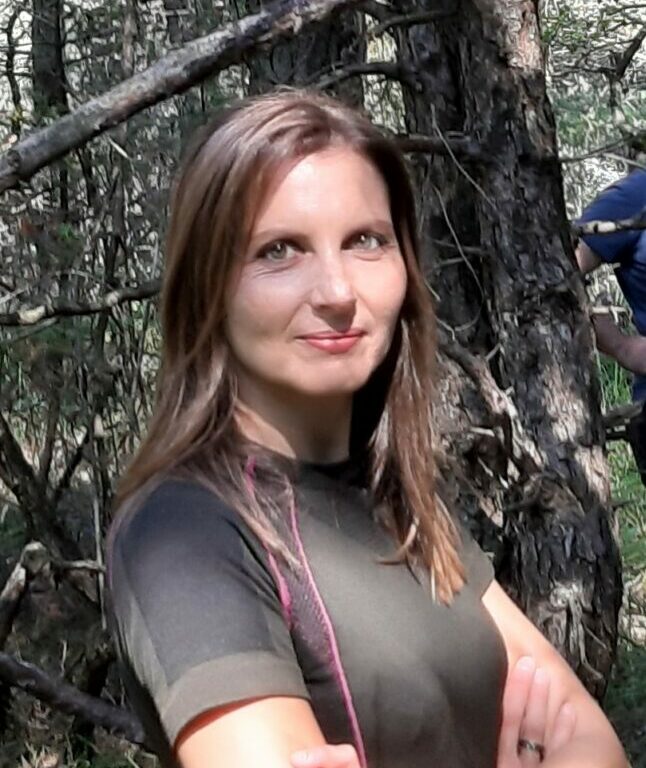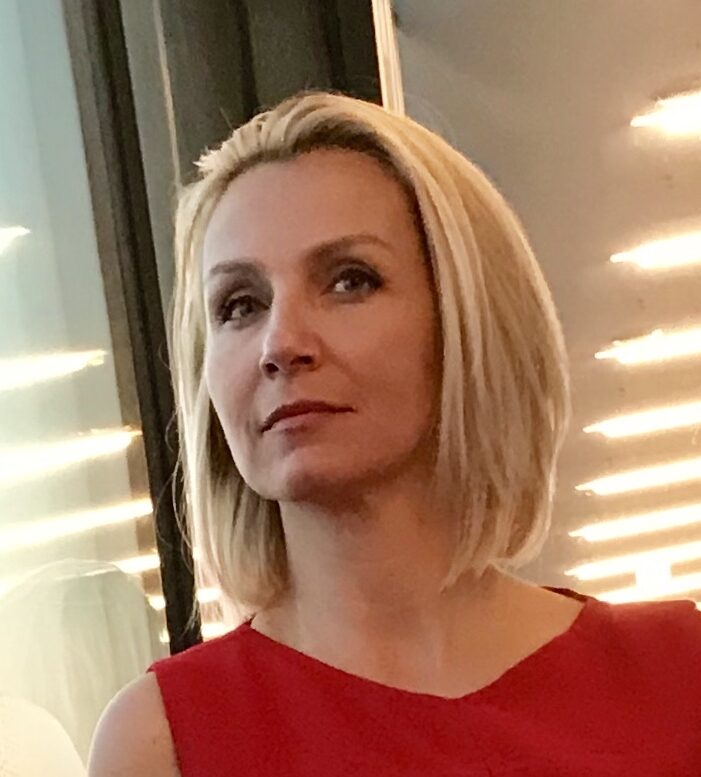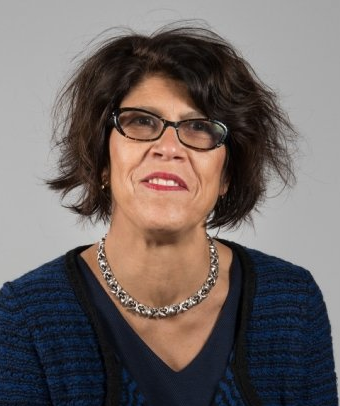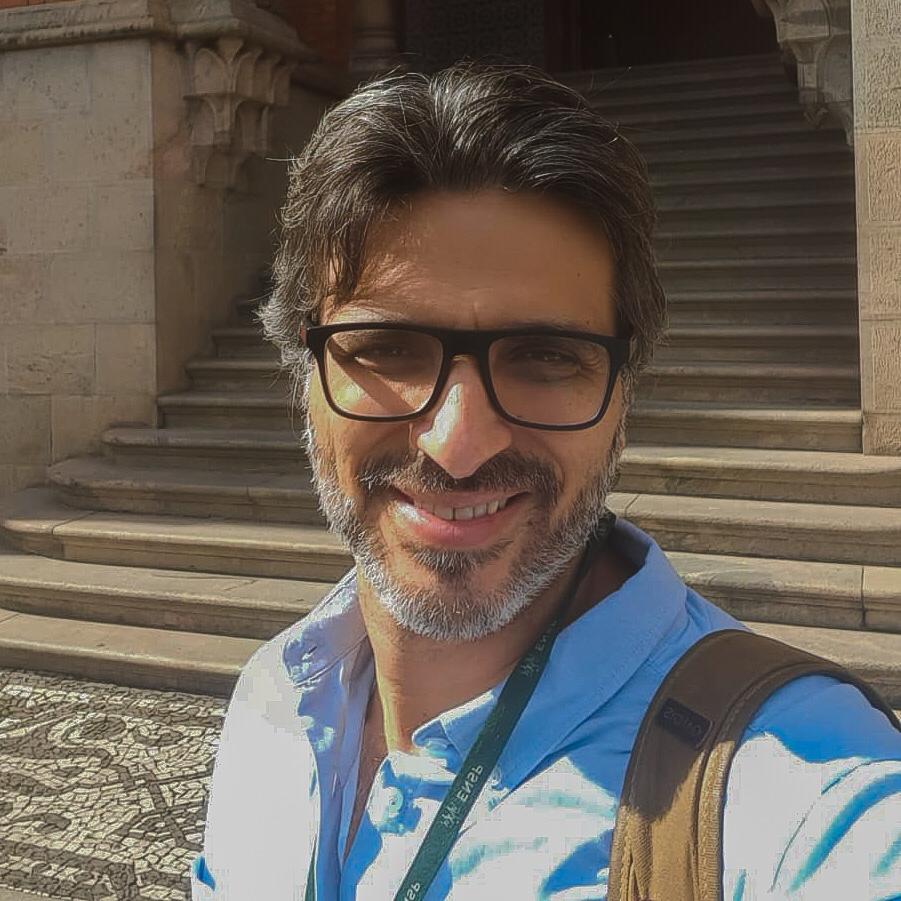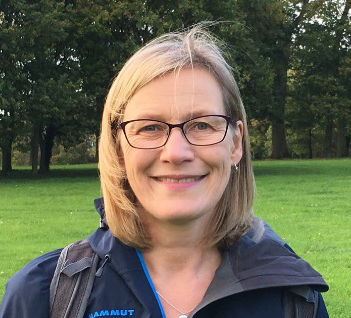Francesca Cagnacci is a Senior Researcher at Fondazione Edmund Mach, Trento. Dr. Cagnacci is a behavioral and conservation ecologist with research emphasis on ecological and evolutionary determinants of animal behavior, movement, and resource use. In particular, she looks into the effects of climate and global change on animal spatial distribution and organismal interactions. She initiated and coordinates the bottom-up research consortium EUROMAMMALS, to study terrestrial mammal movement at a large scale, under climatic and human-impact gradients.
Dr Cagnacci holds a deep interest in technology applied to conservation issues (biologging, data standards). She has recently co-initiated the COVID-19 Bio-Logging Initiative, in the context of the International Bio-Logging Society, and the Global Initiative on Ungulate Migration. She was Hrdy Fellow in Conservation Biology at Harvard University and is vice-chair of the 2023 GRC in Movement Ecology of Animals.
